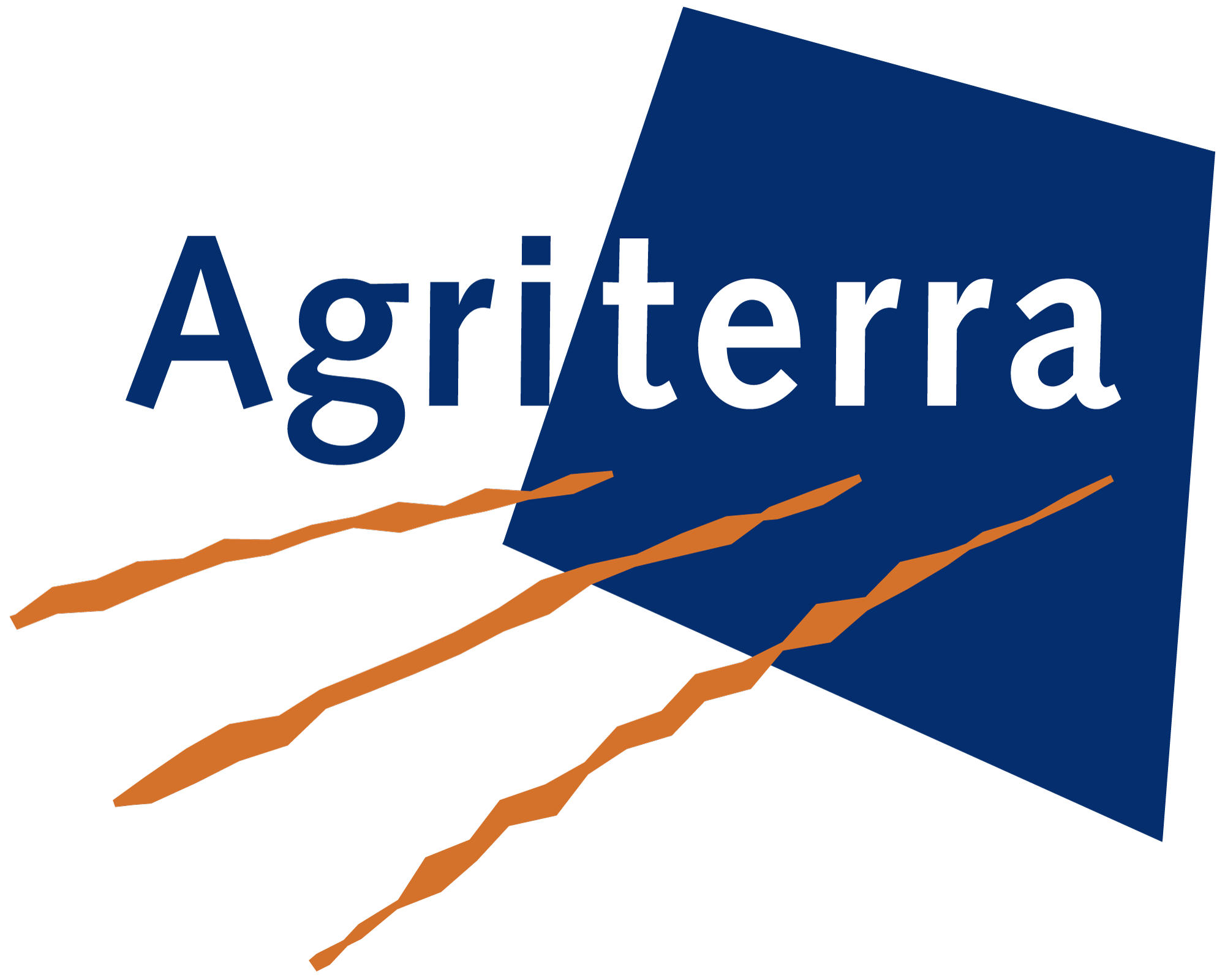Community / Land projects / Integrated multi-sector emergency response for drought affected communities in Wag Himra, Amhara
Integrated multi-sector emergency response for drought affected communities in Wag Himra, Amhara

€948785.4725
02/20 - 03/21
Concluído
This project is part of
Implementing Organisations
Donors
Data Providers
Objectives
This integrated emergency Nutrition and IYCF-E, WASH and FSL response will address the life-saving needs of vulnerable households and communities affected by drought and high levels of acute malnutrition in Abergele, Gaz Gibla, Sekota, Tsagibiji, and Ziquala woredas of Wag Himra Zone, Amhara, and aims to build on the health and nutrition activities ongoing in the target locations. The targeted woredas have high levels of emergency need, with vulnerable women, men, girls and boys affected by acute malnutrition and poor access and availability of services. Drivers include natural disasters (drought, floods, increasing desertification and land degradation). Many crisis-affected people lack livelihood opportunities and often live in extreme poverty, while access to basic social services is often inadequate or absent. Wag Himra has been impacted by protracted and acute crises, affecting a significant and increasing number of people and resulting in widespread food and nutrition insecurity. Declining agricultural production, reductions in livestock sizes due to death or sale, and negative coping mechanisms are common. FEWSNET classification for Wag Himra is IPC 2 (stressed) through early 2020, with poor soil conditions and water access affecting crop production. The population of Wag Himra relies on consistent rainfall for agricultural production. An Oct 2019 survey found that late onset, early offset and intermittent and erratic rainfall have compounded the drought, with hail, flooding and moisture stress cited as most critical to harvest and production. The drought affected populations in all woredas are adding strain on the ability of government services to cope and provide the support needed. For each area of intervention, Action Against Hunger (ACF) will adapt the approach to reduce morbidity and mortality associated with under nutrition among children U5 (Under 5) and PLW (Pregnant amp Lactating Women). The project will strengthen and sustain the existing health system and provide support for vulnerable communities. Some of the services provided through this action include the treatment of Severe Acute Malnutrition (SAM) treatment of Moderate Acute Malnutrition (MAM) and Community Mobilisation Support to the Government of Ethiopia (GoE) outreach clinics where needed Promotion of Care Practices and IYCF among children and their care-givers and psychosocial support for IDPs and host communities. MHCP support will be provided to the most vulnerable households through targeted psychosocial support services such as Mother-to-Mother Support Groups, and WASH activities will emphasise access to quality water and sanitation services while improving household behaviour change. FSL activities will emphasize reestablishment of basic levels of living, including animal fodder provision and animal health services. ACF will further consolidate and strengthen interventions and initiatives already started in ECHO and SIDA projects in Wag Himra zone to further maximize impact on nutrition, FSL and WASH.



